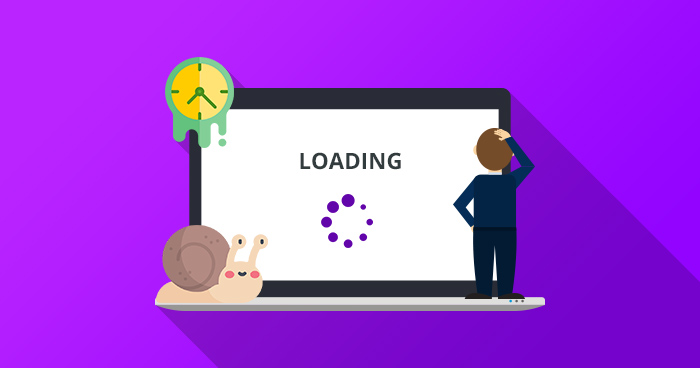As a result, the ranking of a webpage in search results can also indicate how quickly it loads.
You run the risk of losing a visitor’s attention and limiting the number of potential new visitors to your website if the loading time is too slow.
These 6 practical suggestions can help your website load more quickly in 2023:
Choose a hosting option that is performance-optimized
That includes the speed of its pages. The greatest error you can make is to accept subpar hosting in exchange for a lower monthly fee.
On the other side, there are a few hosting options that are performance-focused and offer a strong platform built for speed. These providers often don’t provide shared hosting, so you will not have to be concerned about other websites using up all of your potential resources.
Optimize and compress pictures
Pictures, videos, and graphics all add to the loading time of your website and cause it to sluggishly load.
To make matters worse, websites utilize high-quality photos to provide their users with eye candy, but this has the drawback that high-quality graphics take longer to load.
You can begin by optimizing all of the photos on your site to reduce the load time, even if you can’t completely remove all visuals from your website without running the danger of it appearing static.
Compressing is equally important. Let’s imagine your website has a lot of eye-catching animations. Every time a user visits your website, multiple buttons and widgets need to be loaded.
The size of the site is far larger than the industry standard, which is why it takes longer for your website to load. Compression can help your page load faster if you choose to ignore this problem.
Cut Down on Server Response Time
Lowering the server response time is another approach to shave a few seconds off the page load speeds for your website. You should be aware of the various variables that can cause a delayed server response time.
CPU, libraries, application logic, slow database queries, framework, libraries, and memory are some of the main causes of slow server response times. If you can keep an eye on everything, you can quickly reduce the server response time.
Benefit from Browser Caching
The internet connection can also be to blame for excruciatingly slow page loads.
On your internet connection, your site may load immediately, but users with slower internet connections won’t experience this.
How can you give users to your site an interactive web experience?
Browser caching can be useful in this situation.
Using this method, you can make sure that whenever a user views your website again, it loads immediately.
It reduces the amount of time needed to retrieve resources and improves the user experience for website visitors.
Fewer codes
When creating your website, keep the coding simple. Keep only what is required, and throw away everything else. You may significantly reduce the load time of your website by reducing your JavaScript, CSS, and HTML code.
The user experience will be immediately improved when the browser doesn’t have to read as much code, rendering your website faster and requiring less time for users to load. Because web designers sometimes work together on projects, writing better code also makes life easier for them.
Utilize CDN (Content Delivery Network)
To efficiently transmit material to users, it essentially consists of a network of web servers spread out throughout various regions of the globe.
For instance, if you are accessing a CDN-enabled website from the USA, the server closest to your geographical location will become active and enable you to view the page.
You obtain a quicker response time if the nearest server has the fewest hops.
It is worthwhile to have a look at this alternative, especially if page load time and website performance are important to you.
Conclusion
Find the source of the issue and resolve it if your website takes a long time to load.
Make speed your priority.
Optimize multimedia files like photos and, when possible, minify code.
Make use of compression methods and CDN investments to accelerate the loading of your website.
You may significantly improve your website’s performance and user experience by utilizing some of the above-mentioned strategies.
Additionally, another recommendation for a faster website speed could be to utilize server management solutions. Server administration entails monitoring and supporting servers to ensure peak performance. Server management is crucial since it may minimize system slowness and downtime, or even eliminate it in some situations.
We recommend e Technical help they offer server management solutions around-the-clock. Their trained professional experts take care of your server needs, therefore, your website will always be up and running.









